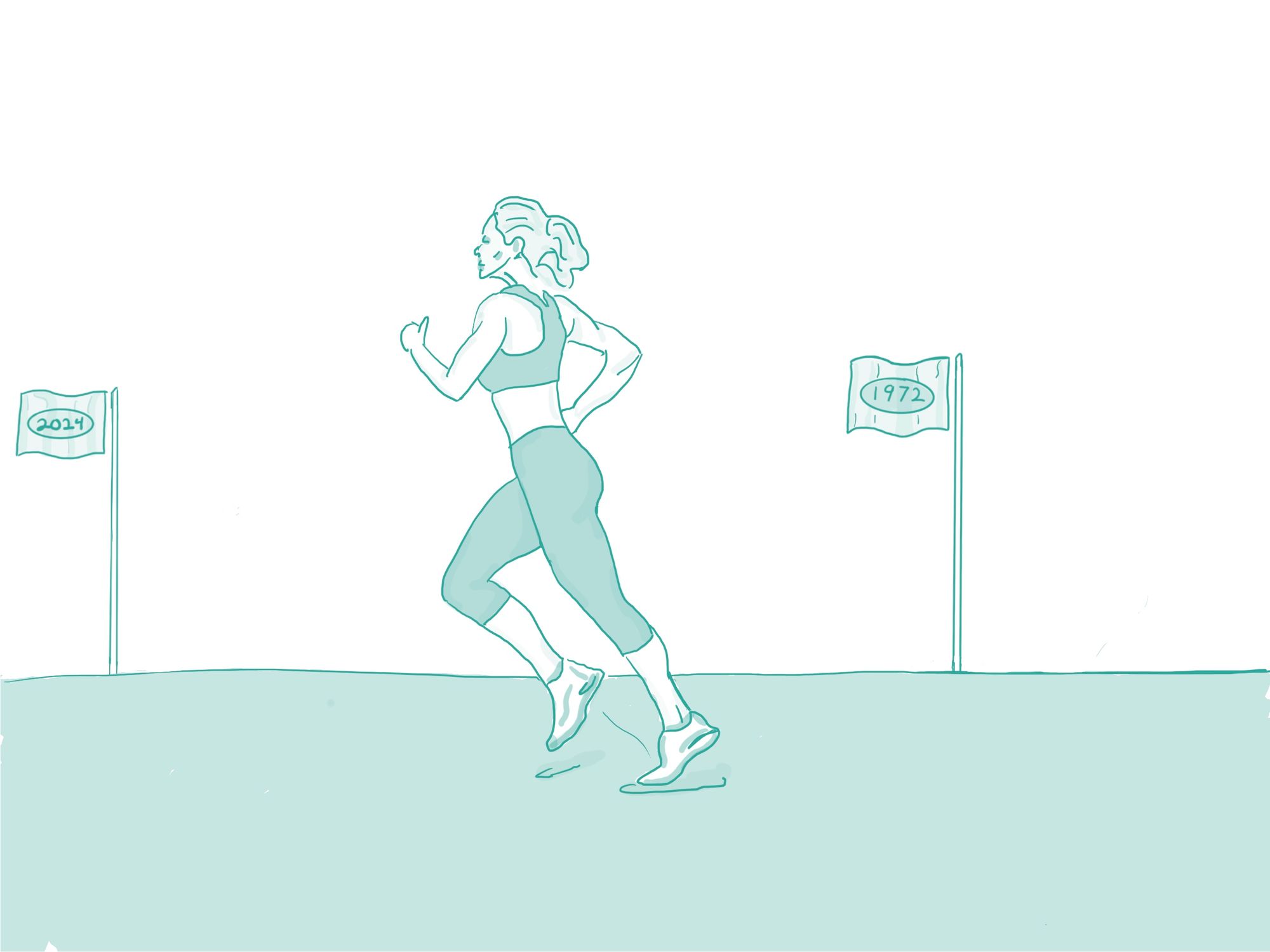Generational Change: A War On Women
Only forty years ago, women were not able to get business loans without a man's signature. Today, Women have achieved full access, but our system engineers them into the sidelines. It's part of our Serial: How generational change is changing America.

Editors note: This article is part of a Serial for members only, "How Generational Change is Changing America." You can read the original post "Is It Really Okay, Boomer?" here.
I grew up in a family of twelve in the inner city, where basketball hoops were made from milk crates with the bottom punched out, and tetanus was a common hazard of playing outside. Gravel parking lots inside rusty fences lined our block, along with an industrial factory as close as the rest of our neighbors and probably filled with kinder people with the same amount of teeth. Toys (or books, for that matter) were in short supply, so we played on the street, our version of baseball, capture the flag, and other competitive games. Reading wasn't really much of a thing back then, anyway, as that was normally associated with education.
I'm not currently a woman, but having played my fair share of street ball with my seven sisters, many of whom are women, I've learned that women can catch a ball just as well as I can if they choose to pick up the skill. It seemed without question in our games of tag that the girls could almost always keep up with the boys, catching their male opponents without trying any harder than anyone else. But one thing, however, that women can't seem to catch is a break.
Most historians would report that women were invented somewhere around 1890 when the first non-male humanoid became a part of the workforce, a trend that slowly increased over time – perhaps the result of billions of years of evolution. Before that, most men were unfamiliar with women in the sense that we know today. They only knew of wives and mothers. Sources of food and copulation, because science was just not there yet.
By the 1930s, due to scientific advances (and social uprisings, I guess), women were able to pursue a career, although it was assumed to be a short one accounting for their higher-earning primate husbands, not to mention the limited options that women had in the workforce due to the lack of education (I guess you would probably call that permission to be educated). Typically, women were expected to leave their careers after marriage and stay home, tending to children and casserole dishes, preferably dressed in high heels. Women developed their speed in swiftly cleaning up the house for their husbands after gabbing with their gal pals at the market.
How Work Changed
The Second World War had a dramatic effect on women's work life. Unexpectedly, women spent more time in the workforce than expected, resulting in a change in generational expectations when it came to women in the economy.
